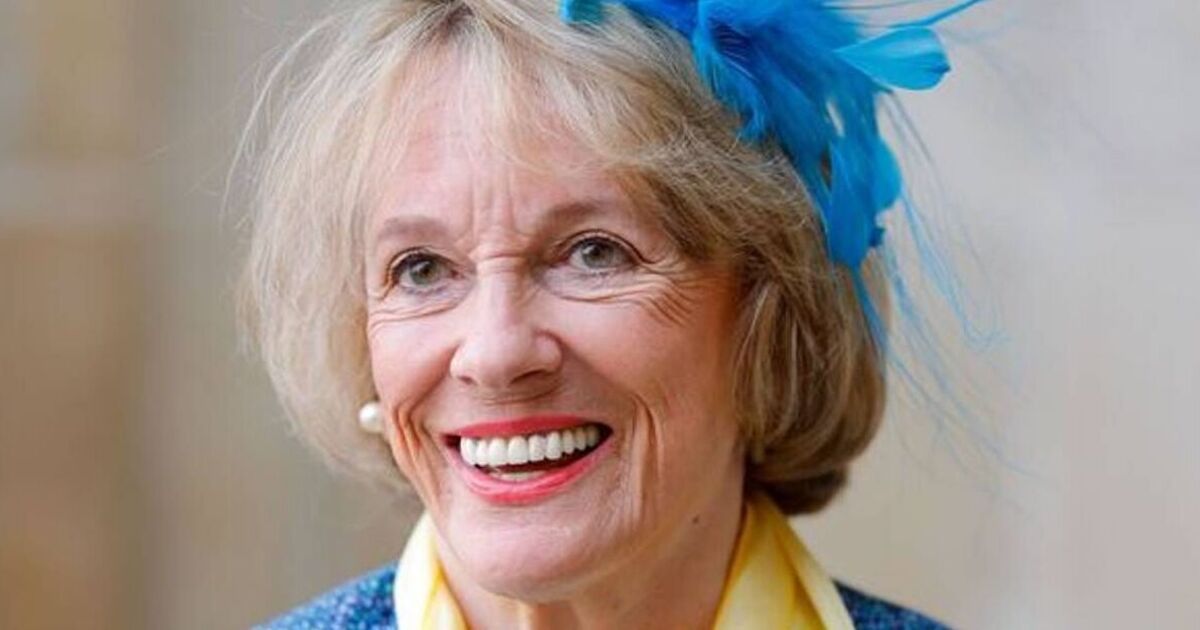Dame Esther's Choice: A Mother's Fight for Dignity in Death

Dame Esther Rantzen, the beloved broadcaster, is facing a difficult reality: a stage four lung cancer diagnosis that has led her to join Dignitas, an assisted dying clinic in Switzerland. The news comes after a heartbreaking update from her daughter, Rebecca Wilcox, who revealed the impossible choice she faces.
Dame Esther, at 83 years old, is "living from scan to scan," as Rebecca described. While she initially underwent a "miracle" treatment for her cancer in December, the possibility of its failure has prompted her to explore assisted dying as a final option.
The decision, however, comes with a heavy burden for Rebecca. Current UK law prohibits assisted dying, meaning Rebecca could face up to 14 years in prison for "matricide" if she assists her mother in ending her life.
"We feel like we're living in an hourglass and the sand is pouring on us," Rebecca tearfully shared on Good Morning Britain. "This is not about shortening anyone's life, it's about shortening their death and making it dignified."
She passionately argued for a change in the law, highlighting the emotional and legal complexities faced by families in such situations. "Somebody with a terminal diagnosis can't just travel [to Dignitas] themselves," explained presenter Rob Rinder. "It's not them that's committing the offence, it's ultimately you who is criminally culpable."
Rebecca emphasized the impossible burden she faces: "The risk of prosecution, whilst only three people were prosecuted last year, you face up to two years of investigation which is an impossible scenario when you're going through the worst moment of your life."
Furthermore, the current legal ambiguity forces families to navigate a confusing and distressing process. Rebecca revealed that her mother would be forced to travel to Switzerland "months" before she actually needed to, due to unclear regulations and uncertainty surrounding medical professionals' involvement.
"The law is unclear, the law is messy," she said. "You have to have two doctors sign off your travel... doctors aren't really sure, the BMJ isn't really sure if they should allow doctors to do that. You have to go before your time... she would go months before she actually needed to go."
Rebecca's plea resonates with the core values of compassion and dignity. "She's going to a place that isn't known for its care and kindness," she lamented. "This is the most important thing, kindness is the tenet of our society, so can't we just reflect that in our palliative care and end of life care?"
Dame Esther's story raises critical questions about the current state of assisted dying in the UK, forcing a conversation about choice, compassion, and the right to a dignified end of life.





